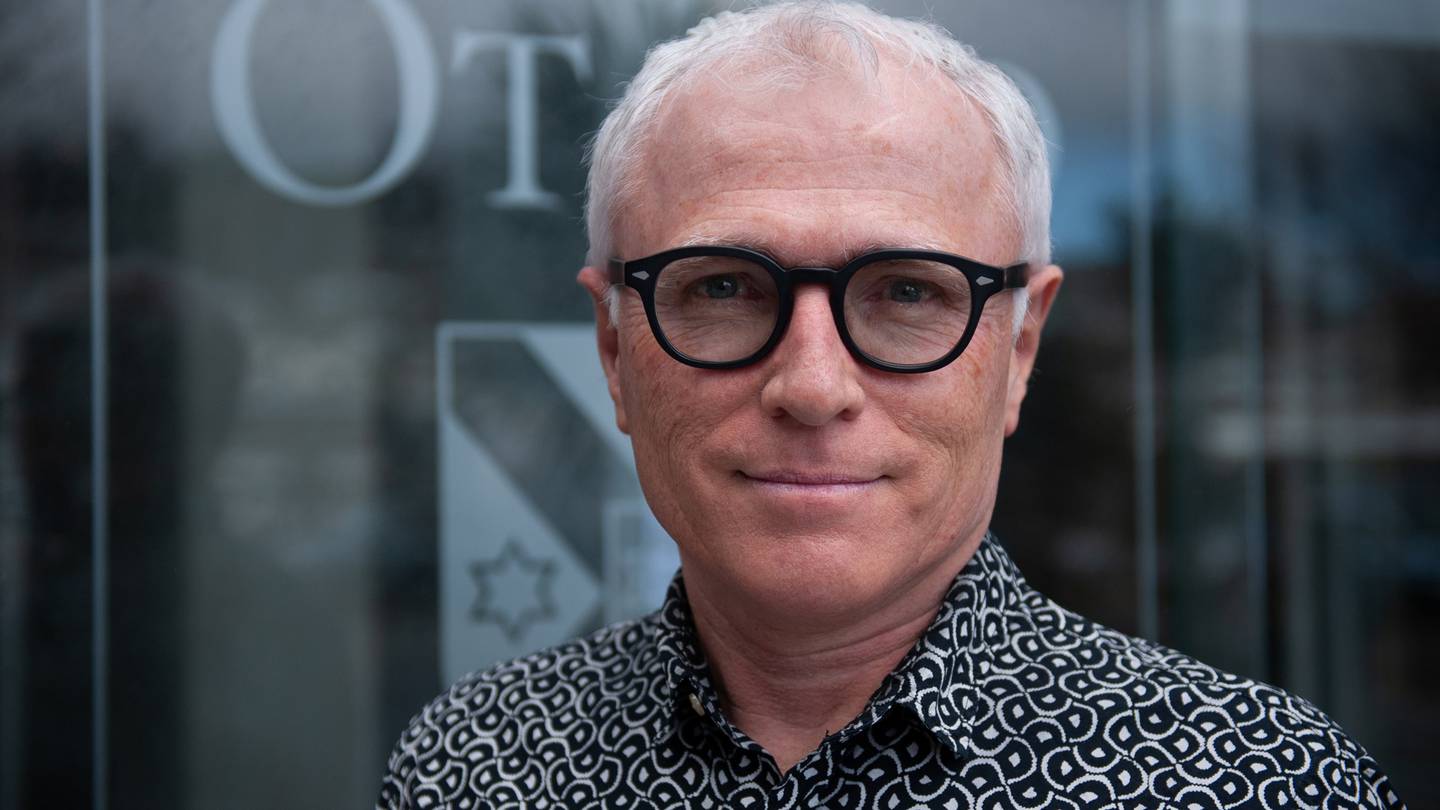
Prime Minister Jacinda Ardern's announcement flagging the easing of some vaccine mandates and a move away from vaccine passes once the Omicron peak has passed is the "right move", says one expert.
At today's post-Cabinet press conference, Ardern said it looked likely New Zealand's would hit an Omicron peak in roughly mid to late March before cases rapidly declined and then stabilised at a lower level.
At the point, Ardern said, public health measures could begin to be eased.
"Put simply, the reason we will be able to move away from vaccine passes and many mandates is because many more people will have had Covid.
"In the same way as coming out the other side of the peak will give us a chance to step down through the traffic light system, and ease things like gathering limits, it will also enable us to move on from vaccine passes and ease mandates in places where they are less likely to impact on vulnerable people. They will remain important in some areas, though, for some time."
Melbourne University epidemiologist Professor Tony Blakely told Newstalk ZB that removing vaccine mandates and passes once the Omicron peak was over was the right move.
"Flattening the curve is about applying public health and social measure as you go up to lessen the height of the peak of infection and then once you get to your peak, you can ease off."
A mechanism like vaccine passports, stocks of N95 masks and RATs, for example, should be available and in place but not necessarily always "turned on", Blakely said.
"If another variant comes along, it's concerning we turn those measures back on when we need them."

Melbourne University epidemiologist professor Tony Blakely said it was important New Zealand kept certain public health measures available to be "turned on" when needed in the future. Photo / Supplied
It was understandable that restlessness was being seen around the world with mandates and restrictions, he said.
"What that reminds us is in public health we have extraordinary powers; we can lock up populations. We should only do those things when they are proportionate and justified. When they are not proportionate and justified, we should turn them off again," Blakely told Newstalk ZB.
"That's what will happen when New Zealand gets to its peak, those measures will start to come off again and hopefully we'll be back to normal and we never have another wave, but you can't rule out the possibility that Covid will throw us another variant in the future and we will need those measures again for a while."
Ardern said she couldn't give a specific date at this point around the easing of such restrictions but said public health would be watching to make sure New Zealand was well beyond the peak and pressure on the health system was manageable.
"We must brace through the next six weeks but we can do so knowing a future of fewer restrictions is near because that has always been the course we have chartered."
The Ministry of Health reported 2365 new community cases of Covid-19 in New Zealand today and 116 people in hospital with the virus.
There had also been two Covid-19 related deaths, bringing the total to 55 since the outbreak began nearly two years ago.
Professor Michael Baker of Otago University said last week the country was on track to 10,000 Covid-19 infections a day – with most cases to be recorded in Auckland – by mid-March.
Baker said today's announcement from the Prime Minister sounded very sensible and measured.
"We need to review the mandates to ensure which of them are required and which are fit for purpose. The two big things, I always say, is you have to see how is the virus behaving and how is the vaccine performing, and how are the other measures performing. You have mandates for mask use as well.
"It sounded very reasonable to me, the way it was framed. It is leaving open the fact that we have to see post-Omicron wave period is looking like in New Zealand and which controls we need to keep based on the level of risk and the benefit of these measures."
However, one "big technical problem" remained in the overall response, Baker said.
The definition of being fully vaccinated in New Zealand needed to be changed to include being boosted as well, he said, and those changes should be reflected in vaccine passes.
"At the moment, it's not actually achieving everything it could achieve because with the Omicron variant ... to be fully vaccinated you need to have the booster."

Otago University epidemiologist Professor Michael Baker described what the Prime Minister outlined at today's press conference as reasonable and sensible. Photo / Supplied
He said it was an "obvious limitation" of the current system and he hoped it would be fixed as soon as possible.
"You have to wait until most people are eligible for a booster, which will be a case very soon but the system needs to distinguish someone who is fully-vaxxed from someone who is fully-vaxxed and boosted. It just needs to be fit for purpose and it's no longer there in terms of what it's trying to achieve."
He said as New Zealand was about to hit the most intensive period of virus transmission – it was important all tools were working in the most effective way.
"We know that high vaccine coverage and boosting is still the single most important measure in a situation where you're going to be highly exposed to this virus."
More than 2.1 million booster shots have now been given nationally, with more than 15,000 administered on Sunday.
Most of today's community cases are in Auckland – 1692.
The remaining cases are across Northland (50), Waikato (136), Bay of Plenty (42), Lakes (24), Hawke's Bay (23), MidCentral (14), Whanganui (5), Taranaki (4), Tairāwhiti (9), Wairarapa (8), Capital and Coast (89), Hutt Valley (19), Nelson Marlborough (58), Canterbury (105), South Canterbury (1), and the Southern region (86).
Take your Radio, Podcasts and Music with you








